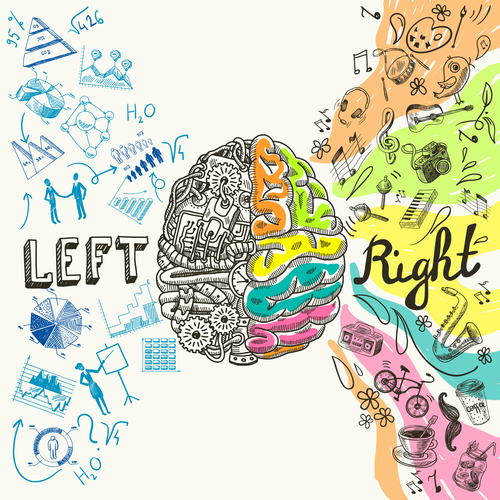Are People with Aspergers as “Logical” as They Think?
One of the hallmarks of Asperger’s Syndrome (AS) is that individuals often have strong points of view, and they have trouble seeing other points of view as equally valid. Most see themselves as extremely logical and therefore right in their conclusions; for them, the points of view of others can seem illogical. This is often perceived by neurotypicals as being oppositional, stubborn or lacking empathy.
What’s interesting is that often when people think they’re being logical, research shows that their emotions can be driving their cognition. Emotions are frequently substantial influences in people’s thinking without their knowing it. In his eloquent writing for LinkedIn, Kristopher Jones makes clear what is my experience as well:
People with AS can have very strong feelings.
Peter Salovey and Marc Beckett of the Center for Emotional Intelligence at Yale University www.ei.yale.edu have done compelling research on the topic of feelings influencing thinking. In one study by Brackett and his colleagues on the influence of teacher emotion on grading practices, they took a large sample of middle school teachers. Using techniques demonstrated to be effective to induce a positive or negative frame of mind, they had half the teachers influenced to be positive and half to be negative. All were given the identical essay to grade. The scores given by the two groups differed by 1 to 2 grades, yet all of them were certain that mood had nothing to do with their scoring.
Why is this significant for people with AS?
The Dialectical Behavior Therapy model of cognition suggests that we all have a logical mind and an emotional mind.
It’s where these two overlap (are integrated) that genuinely “wise” thinking can get done. Otherwise, we’re unaware (like the teachers) of the extent to which emotion that hasn’t been acknowledged is dictating what seems to be logical thinking. Most AS/NLD individuals I know operate out of one kind of mind or the other, but fail to meaningfully integrate the two.
I worked with a young man who was very reactive to what he perceived as criticism. A person who criticized him at a temporary job became someone he never wanted to see again; in fact, the entire setting became somewhere to be avoided.
He felt this was logical – you don’t go where you are treated badly.
Dr. Marcia Eckerd has been in practice as a licensed psychologist since 1985. I am on the CT ASD Advisory Council and the Clinical Advisory Committee of the Aspergers/Autism Association of New England, as well the professional advisory board of Smart Kids with LD. Aspergers101 is honored to offered the knowledge and experience of Dr. Eckerd through her informative blogs!

